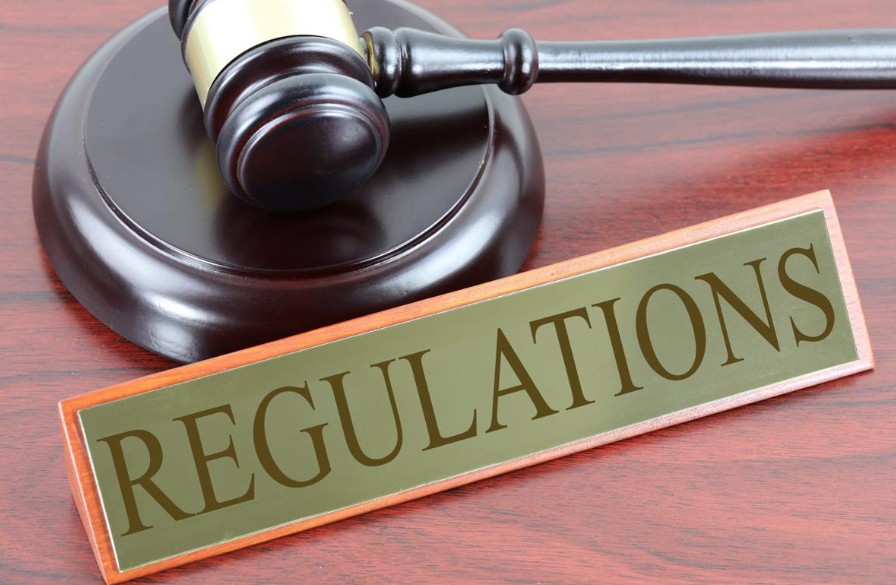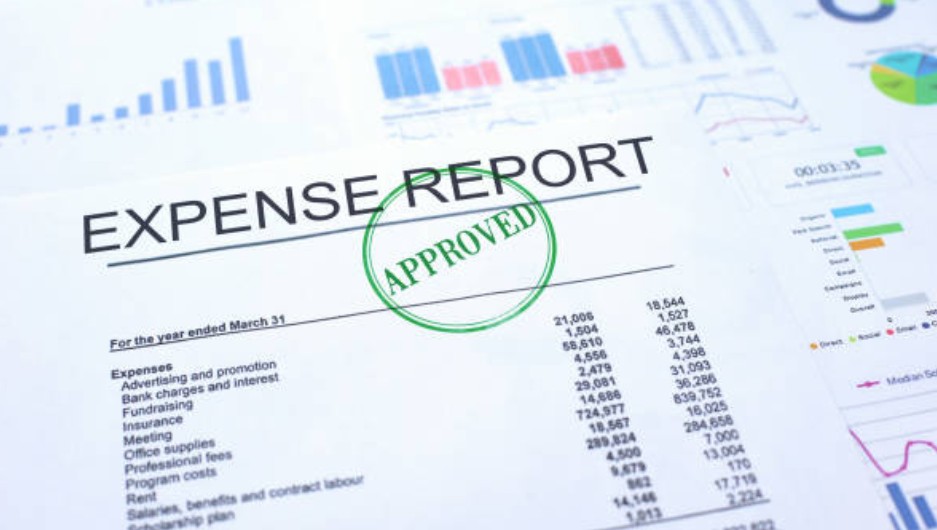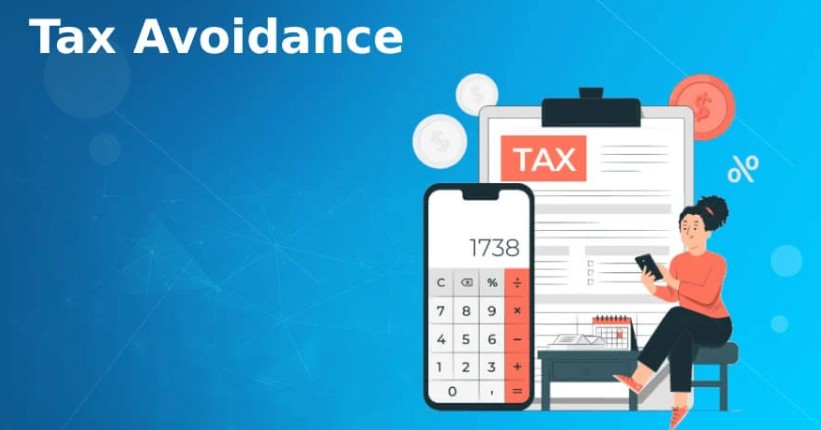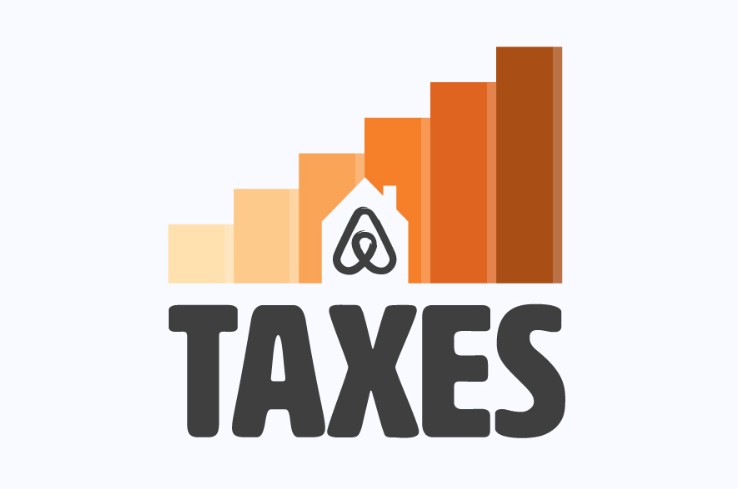For Airbnb hosts across the UK, understanding the latest strategies to manage your tax liabilities is essential. Whether you’re a seasoned host or just starting out, knowing the ins and outs of deductible expenses, allowances, and legal tax planning is key to maximising your rental income. In 2025, innovative measures and updated HMRC guidelines mean that savvy hosts can take advantage of available reliefs and exemptions—legally, of course—to reduce their taxable profits.
What Legal Strategies Can You Use to Minimise Your Tax Burden?
Can You Really Minimise Your Tax on Airbnb UK?
Many UK hosts are asking, “Is it really possible to avoid paying tax on Airbnb UK?” The short answer is that while there is no legal way to completely eliminate tax obligations, there are several legal strategies you can employ to minimise your liability. Success lies in understanding eligible expenses, taking advantage of available relief schemes, and keeping accurate and organised financial records.
Understanding Airbnb and UK Tax Regulations

Airbnb hosting is considered a business activity by HMRC when it goes beyond occasional letting. This means that:
- Allowable Expenses: You can deduct costs related to running your property, such as mortgage interest, council tax, repairs, maintenance, and even furnishing.
- Wear and Tear Allowance: Updated for 2025, the replacement of items over time is considered a legitimate expense.
- Capital Allowances: Certain long-term investments in your property can be deducted from your taxable income over a set period.
It’s important to remember that while reducing your taxable income through legitimate deductions is encouraged, deliberately avoiding or evading tax obligations is illegal and can lead to serious penalties.
How to Avoid Paying Tax on Airbnb UK? Can You Really Save More in 2025?
This subheading directly puts the keyword to the test. Here are some effective strategies to help you maximise your tax efficiency:
Legal 2025 Strategies: A Step-by-Step Guide
Tip 1: Keep Detailed Records
Accurate record-keeping of all expenses is the foundation of any smart tax strategy. Document everything from minor repairs to larger service contracts, and ensure you retain all receipts.
Tip 2: Claim Every Allowable Expense

Understanding exactly which expenses are deductible is crucial. Here’s a quick bullet list of key allowable items:
- Mortgage interest (subject to current rules)
- Utility bills and insurance premiums
- Maintenance and repair costs
- Cleaning and landscaping services
Tip 3: Use Professional Advice
Tax regulations can be intricate and often depend on your individual situation. Partnering with a reputable tax advisor who specialises in property income can help tailor your approach to the latest HMRC regulations.
How Do Current Allowances and Rates Stack Up?
Below is a table chart reflecting some of the current UK tax allowances and expense guidelines for Airbnb hosts in 2025. These figures offer a snapshot of the potential deductions you might claim:
| Expense Category | 2025 Allowance/Rate | Description |
| Mortgage Interest | Up to 15%* | Dedication varies; review current HMRC guidelines |
| Council Tax | Varies | Property location and local council rates. |
| Maintenance & Repairs | 100% Deductible | All routine and emergency repairs are eligible |
| Furnishing & Decor | Annual Limit Applied | Claim depreciation on furniture and fixtures |
| Insurance Premiums | Full Deduction | Policy costs for home and public liability insurance |
*Note: The 15% figure for mortgage interest relief is provided for illustrative purposes. Be sure to confirm the precise percentage and any applicable conditions based on the most up-to-date HMRC guidelines.
Legal Guidelines: Ensuring Compliance with the Law
What Does “Tax Avoidance” Legally Mean?

It is vital to differentiate between tax avoidance—using legal methods to decrease tax liability—and tax evasion, which is illegal. Following best practices, keeping updated with annual tax guidance, and ensuring compliance with HMRC rules can help you structure your Airbnb operations within legal boundaries.
- Tax Avoidance: Making use of lawful deductions and approved relief programs.
- Tax Evasion: Deliberately misrepresenting or hiding income to lower tax bills.
Are You Prepared for an HMRC Audit?
Keeping clear and comprehensive records isn’t just recommended—it’s a legal obligation. Keeping a digital or physical archive of all invoices, receipts, and correspondence can make any HMRC audit smooth and stress-free.
Final Thoughts
Navigating tax responsibilities as an Airbnb host in the UK might seem challenging, but with the right information and expert advice, you can use legitimate methods to reduce your tax liability in 2025. Always ensure that your methods align with HMRC guidelines and that you keep abreast of any new changes in tax laws.
Smart planning, comprehensive record-keeping, and utilising every allowable expense are your best tools for keeping more of your hard-earned rental income—legally. How will you optimise your Airbnb business for 2025?
FAQs: Navigating Airbnb Tax Strategies in 2025
Is It Legal to Not Pay Tax on Airbnb Income in the UK?
You can legally minimise your tax liability by claiming allowable expenses and reliefs; however, entirely avoiding tax is not possible without crossing into illegal practices.
Which Costs Can UK Airbnb Hosts Legally Deduct from Their Earnings?
Deductible expenses can include mortgage interest, maintenance costs, cleaning fees, insurance premiums, and more as long as these are supported with proper documentation.
How important is record-keeping?
Maintaining detailed records is essential. Not only does it help in maximising claims, but it also provides necessary proof during HMRC audits.
Can professional advice make a difference?
Yes, tax specialists can provide personalized strategies and ensure you remain compliant with current rules, potentially saving you significant amounts of money.






